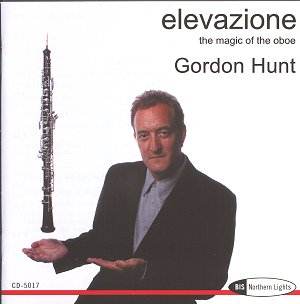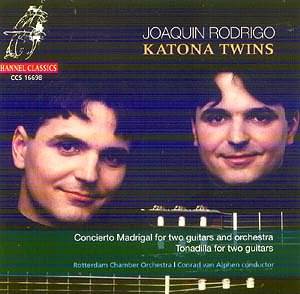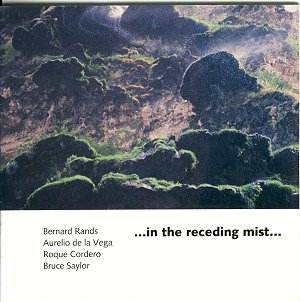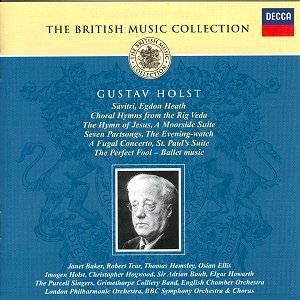 Composer: Domenico Zipoli
Composer: Domenico Zipoli
Works: Concerto in d minor for oboe and strings (Tomaso Albinoni), Adagio in F (Sinfonia from Cantata No. 156, J.S. Bach, arr. Leslie Pearson), Concerto in c minor for oboe and strings (Alessandro Marcello), Elevazione (Domenico Zipoli), Concerto for oboe and strings (Domenico Cimarosa, arr. Arthur Benjamin), Adagio (Sinfonia from Easter Oratorio, J.S. Bach), Concerto in D major for oboe and strings (Tomaso Albinoni)
Performers: Gordon Hunt, oboe/conductor; Norrköping Symphony Orchestra
Recording: Recorded at the Louis de Geer Concert Hall, Norrköping, Sweden, April 2001
Label: BIS
The oboe, with its uniquely penetrating yet lyrical voice, occupies a venerable place in the Baroque repertoire, and this recording by Gordon Hunt offers a compelling exploration of its expressive capabilities through a selection of works spanning the Italian Baroque. Notably featuring compositions from Albinoni, Bach, Marcello, Cimarosa, and the lesser-known Zipoli, the album presents a rich tapestry of musical styles and emotional depths, showcasing the oboe’s capacity for both virtuosic display and intimate reflection.
Hunt’s interpretation of Albinoni’s Concerto in d minor is particularly noteworthy, characterized by a blend of precision and warmth that breathes life into the music. The opening movement’s brisk tempo is handled with alertness, while Hunt’s phrasing is imbued with a personal touch that avoids excessive sentimentality. The Adagio, often mistakenly associated with Albinoni but actually penned by another, unfolds with an almost lyrical grace, revealing Hunt’s creamy tone—a quality that remains consistently appealing throughout the disc. However, a certain degree of key-clicking, particularly evident in the quicker passages, may distract some listeners; this idiosyncratic characteristic of Hunt’s Howarth oboe introduces a percussive quality that, while potentially jarring, adds a layer of authenticity for those familiar with wind instrumentation.
The inclusion of the Adagio from Bach’s Cantata No. 156, arranged by Leslie Pearson, serves as a moment of contemplative beauty. It is delivered with a captivating stillness, allowing the listener to appreciate Hunt’s deft control over dynamics and articulation. Here, the orchestral backdrop provided by the Norrköping Symphony Orchestra is particularly commendable, as they complement the soloist with an understated yet rich harmonic texture. The balance achieved in the recording captures the nuances of both the oboe and the strings, a testament to the BIS engineers’ skill.
The recording’s highlight, however, is undoubtedly the Elevazione by Zipoli. This piece, while perhaps less familiar, encapsulates a poignant narrative of the composer’s own turbulent life. Its charm lies in its lyrical simplicity, and Hunt’s interpretation draws out its emotional core without falling into didacticism. The work’s gentle undulations resonate with a sense of longing, enhanced by the orchestra’s delicate support. This performance elevates the piece beyond its obscurity, inviting listeners to reflect on both its musical and historical significance.
Technical execution remains a strong feature throughout the performance, with Hunt’s ability to navigate the demands of the Cimarosa concerto standing out. Here, the interplay between the oboe and the orchestral strings is particularly engaging, with Hunt’s phrasing deftly accentuating the work’s playful dialogue. The clarity of the recording allows the listener to distinguish the intricate exchanges between the soloist and the ensemble, fostering a sense of dialogue that is both lively and refined.
This recording represents not merely a collection of Baroque oboe concertos but a thoughtful curatorial effort that highlights the instrument’s versatility and the rich historical context of its repertoire. Gordon Hunt’s performance, marked by a blend of technical prowess and interpretative insight, alongside the Norrköping Symphony Orchestra’s superb accompaniment, contributes to a distinguished listening experience that is both enlightening and enjoyable. The album stands as a valuable addition to the catalog of oboe recordings, offering both aficionados and newcomers a gateway into the enchanting world of Baroque music.


